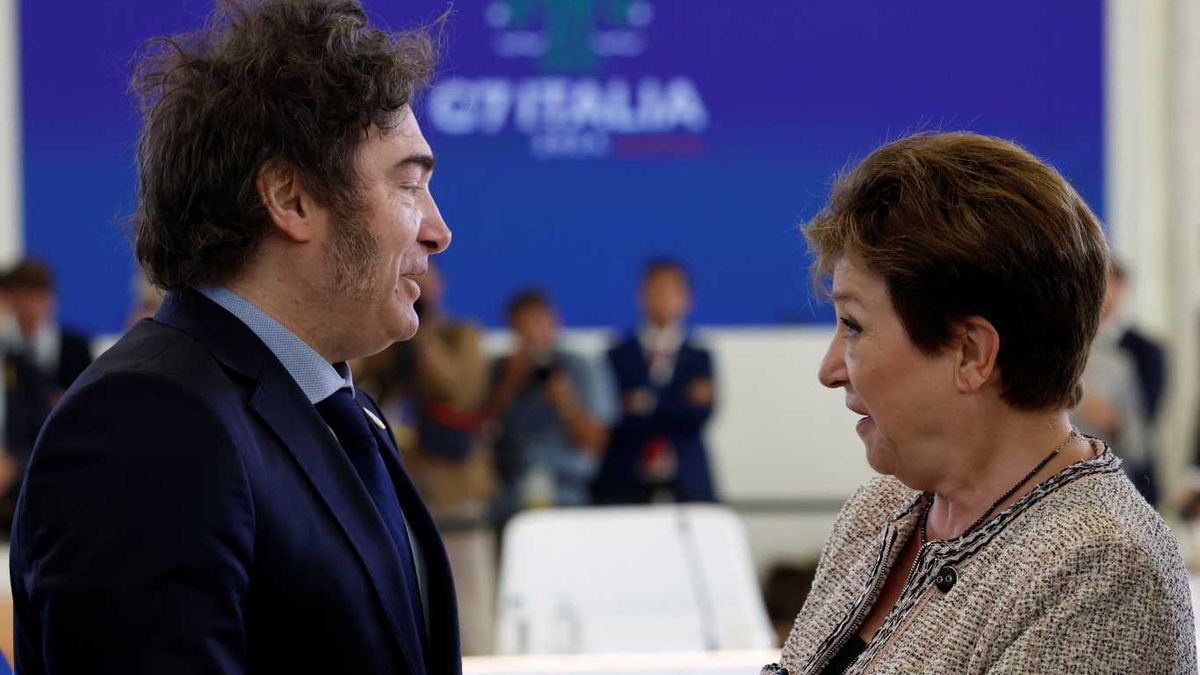From the Government they recognize that it is impossible to sustain such a level of restrictions without seriously affecting productive activities. Outside the multinationals, SMEs have great complications in accessing 180-day commercial credit, not to mention the impossibility of obtaining external financing. Inflation in dollars and the growth in demand make the 15% extra cap on the dollars obtained in 2021 that the Central Bank established for this type of firm sound little.
For this reason, since last week, close to Daniel Scioli, they have been betting on “fine tuning” and monitoring sector by sector, company by company. It is that a decoupling in the value chain of any of the productive sectors could translate into a halt in the activity or a contraction in supply. In the latter case, this situation could put more pressure on inflation which, according to private estimates, would have slowed down in June and would have been close to 5%.
Despite the fact that most companies still have stock, the “preventive” or “speculative” remarks, depending on the library consulted, have already begun. From the metallurgical sector, to food, through computer products. The different firms allude to the difficulty of forecasting the replacement cost of raw materials due to the exchange context.
Late on Friday, the Ministry of Productive Development reported the decision to transfer 15 tariff positions to the non-automatic licensing regime. According to the official statement, it was done to “prioritize SMEs, substitute imports and take care of employment.”
According to the information Ámbito was able to gather, the measure will apply to pork, adhesive tape, washing machines for bottles and their parts, paper, naval plate and bulk wine, among others. On the sidelines, it is difficult to read in any other key than to take care of the dollars to import the essential inputs for the national industry. The central issue is that all these products are manufactured in the country.
All in all, the new economic team will have to face a severe shortage of foreign currency. This scenario, as various government officials told representatives of multinational companies, will last at least until September. Once the winter is over, the pressure exerted by energy imports should slow down and the restriction for the productive sectors could be eased.
Source: Ambito
David William is a talented author who has made a name for himself in the world of writing. He is a professional author who writes on a wide range of topics, from general interest to opinion news. David is currently working as a writer at 24 hours worlds where he brings his unique perspective and in-depth research to his articles, making them both informative and engaging.




